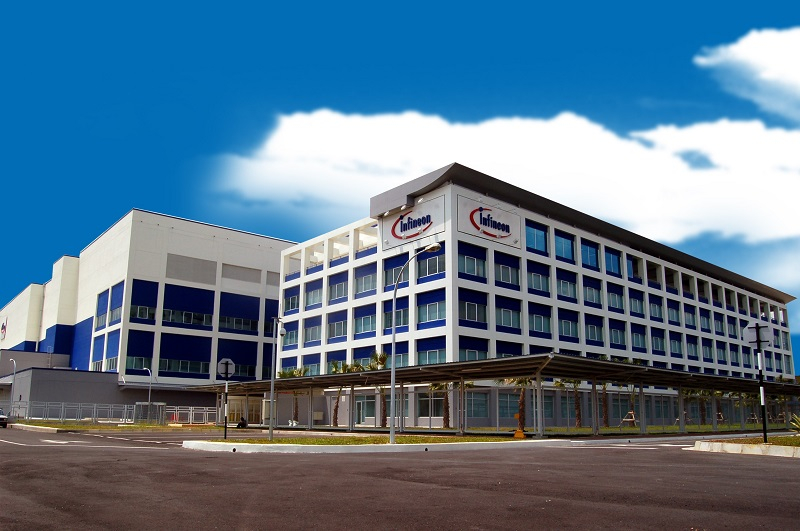European Commission President Ursula von der Leyen praised the construction of a new factory by Infineon, a German semiconductor company, as a significant achievement in mass chip production. The move comes as Europe strives to secure a larger portion of the strategic industry.

Addressing the groundbreaking ceremony in Dresden, von der Leyen emphasized that the factory marked a crucial step towards Europe's objective of doubling its global chip production share to 20% by 2030. Achieving this goal requires quadrupling the current capacity.
While acknowledging the progress, she also highlighted Europe's continued dependence on individual suppliers for raw materials, particularly pointing out China's dominant position in producing silicon metals required for chip manufacturing, accounting for 76% of the global share.
With the aim of catching up to Asia and the United States while reducing reliance on Asian suppliers amid escalating tensions between Taipei and Beijing, the European Union recently approved a 43-billion-euro ($47 billion) chip subsidies plan. The initiative seeks to secure critical component supplies following disruptions caused by COVID-19 lockdowns, which resulted in shortages impacting various industries, from electronics to automotive and household appliances.
Von der Leyen emphasized the growing geopolitical risks and stressed the need for Europe to strengthen supply chains for essential goods and technologies. Expanding chip production capacity within Europe is vital, especially for semiconductors, which play a crucial role in numerous sectors.
Infineon's 5-billion-euro semiconductor plant, the company's largest investment to date, is expected to commence production in 2026. This project aligns with the current trend of other chip manufacturers investing in Germany. Notably, the U.S.-based Wolfspeed is constructing a plant in Saarland, with a significant investment of 2.75 billion euros. Furthermore, Intel is also establishing a large factory in Magdeburg.







